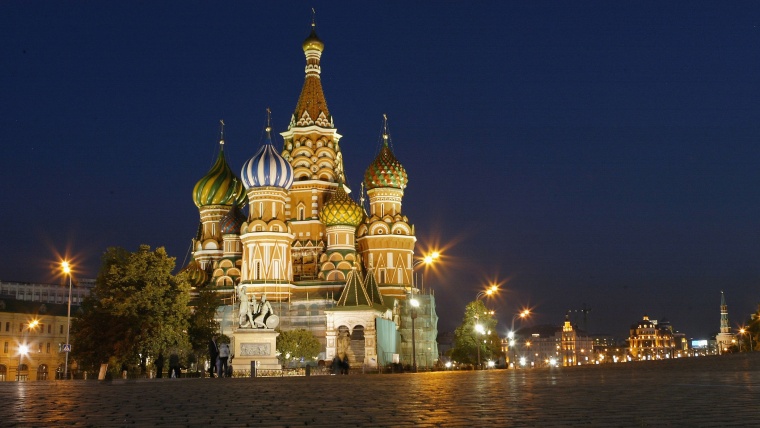As Donald Trump's Russia scandal has evolved, one of the key questions is whether the Republican presidential campaign cooperated in some way with our adversary's attack on the American election. It is, of course, a matter of ongoing investigation.
As Rachel noted at the top of last night's show, this line of inquiry took an important turn with this Wall Street Journal article.
Before the 2016 presidential election, a longtime Republican opposition researcher mounted an independent campaign to obtain emails he believed were stolen from Hillary Clinton's private server, likely by Russian hackers.In conversations with members of his circle and with others he tried to recruit to help him, the GOP operative, Peter W. Smith, implied he was working with retired Lt. Gen. Mike Flynn, at the time a senior adviser to then-candidate Donald Trump.
So, what we have here is a Republican operative, Peter Smith, who assembled a team in the hopes of obtaining Hillary Clinton's emails. Smith and his team reached out to people they believed to be Russian hackers, affiliated with Russia's government, because Smith and his cohorts thought these hackers may have stolen the materials.
The point, of course, was to then use the stolen documents in the United States, exploiting materials from Russia to affect the American election. In other words, we're talking about a group of folks who, in a rather literal sense, tried to collude with Russia as part of the country's attack on our election.
There is nothing to suggest that Smith was officially part of Trump's presidential campaign. That said, Smith told multiple people at multiple times that this project was coordinated with Michael Flynn -- who at the time was a senior adviser to Trump, and who went on to become the White House National Security Advisor in the Trump administration.
In fact, the WSJ article added that Smith reportedly told a computer expert he was "in direct contact with Mr. Flynn and his son" while the project was ongoing.
Trump World's reaction to the report seemed especially notable: "A Trump campaign official said that Mr. Smith didn't work for the campaign, and that if Mr. Flynn coordinated with him in any way, it would have been in his capacity as a private individual."
As for the broader political landscape, in recent weeks, several White House allies in conservative media have begun pushing the line, with increasing vigor, that even if the Trump campaign colluded in some capacity with Russia, that wouldn't be a crime.
It's a curious response to the allegations. For one thing, such cooperation could, in fact, be illegal. For another, have you noticed the rhetorical trajectory?
1. Russia didn't intervene in the election to help put Donald Trump in power.
2, Well, OK, maybe Russia did intervene in the election to help put Trump in power, but no one from Team Trump was in communications with Putin's government during Russia's attack.
3. Well, OK, maybe people from Team Trump were in communications with Putin's government during Russia's attack, but no one associated with the campaign colluded with the attackers.
This does not inspire confidence.
